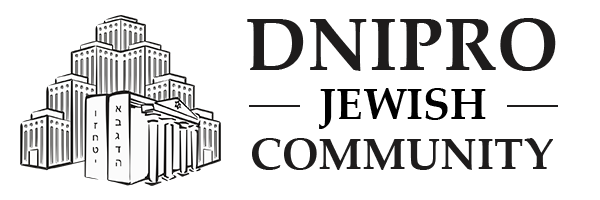Yom Kippur is the culmination of the “time of teshuvah,” which is inspired by all the preparations for the holiday—the shofar-blowing throughout Elul, the selichot on the eve of Rosh Hashanah, the dreadful and solemn Judgment, and the 10 dreadful days between the decision and its confirmation—all of this is intended to open the soul, directing it toward teshuvah (not simply repentance, but correction, the return of one’s true essence). The significance and power of teshuvah are immense; it is no wonder that on Rosh Hashanah and Yom Kippur, synagogues proclaim, “Teshuvah, Tefilah, and Tzedokah cancel the harsh judgment!”
Rabbi E. Kogan’s retelling of the Lubavitcher Rebbe’s discourse states: “Yom Kippur is the Day of Atonement, and regarding the essence of this day, the Talmud contains a debate among the sages. Some sages say that atonement on Yom Kippur occurs only for those who repent, while Rabbi Yehuda Anosi maintains that atonement occurs on Yom Kippur regardless of whether a person has repented or not, since “the power of this day atones.”
In fact, everyone agrees with the concept of “the power of this day atones.” The idea is that the spiritual essence of Yom Kippur has a purifying, atoning effect. However, according to Rabbi Yehuda, the sanctity of this day is so great that it purifies even a person who is not fully repentant, while other sages believe that repentance is a necessary condition for the atonement, determined by the very nature of Yom Kippur, to actually occur.
Stain Removal
All of this requires explanation, as “atonement” does not simply mean God’s forgiveness of sins. By committing sin, a person harms their soul, leaving a stain on it, and now they must erase this stain and repair the damage. How can all this be erased and repaired simply because a certain day—Yom Kippur—has arrived?
But the point is that we are talking here about revealing the profound connection of the people of Israel with the Creator.
We can speak of various levels of this connection. The first corresponds to a person’s acceptance of the Almighty’s authority and the fulfillment of the commandments of the Torah. The very fact that the Almighty reveals His Will to man, “wants” something from him, and the fulfillment of this Will reveals a certain connection between man and the Creator.
A higher level is expressed in repentance, in Hebrew—teshuva (literally “return”). What is the essence of teshuva? A person who violates the commandments, who disregards the Will of the Creator, seemingly severing their connection with Him. What could suddenly compel him to decide to “return”? By performing teshuvah, a person truly reveals a deeper level of his connection with the Almighty, revealing that he was essentially connected to Him even when he violated His Will, and it was precisely this inner connection that prompted him to repent and restored the rift with the Creator on a more external level.
An Inner Connection
However, this inner level of connection with G-d, revealed through teshuvah, is not the limit. This connection still carries a certain conditionality and is limited by a certain measure, corresponding to the degree of a person’s repentance.
There is an even deeper, more intimate, essential level of connection between our souls and the Creator. As the book of Tanya writes, the soul contained within us is “a particle of G-d Himself from above,” which in its essence is always one with the Source.
This connection is unaffected by our actions and sins. By virtue of its spiritual nature, it is inherent in each of us. And no sin or misdeed can harm it. However, throughout the year, this connection is hidden in the secret depths of our soul, and only the more external levels of our connection with the Creator are revealed—those that depend on and relate to our actions, feelings, and decisions. But on Yom Kippur, the most intimate level of the Almighty’s connection with the people of Israel is revealed.
And this is the meaning of the concept “the power of this day redeems.” This day itself reveals that each of us is connected to the Creator by an absolutely unbreakable bond. And on Yom Kippur, when this essential connection is revealed (unless one opposes the nature of this day and violates the fast and the laws of the holiday!), all the stains and imperfections caused by our sins are erased of themselves!
With the use of materials from www.ru.chabad.org




